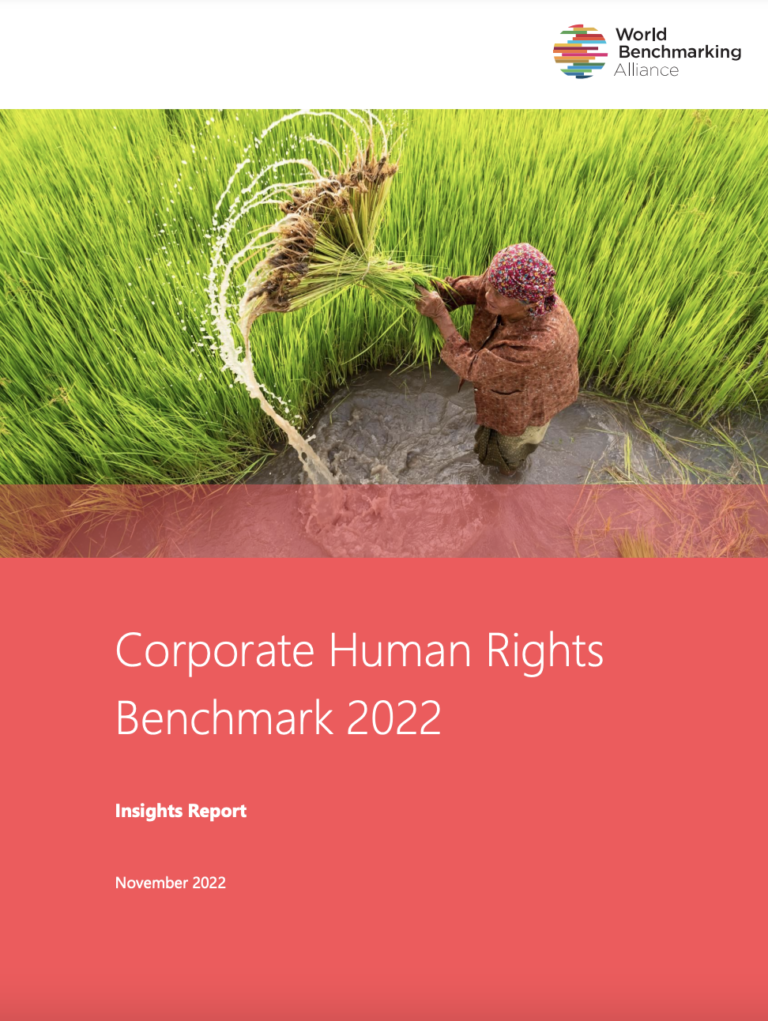Consolidated Learnings from Research on Overseas Labor Recruitment in Vietnam
GuidanceThis briefing document synthesizes the key themes emerging from GFEMS-funded research and advocacy efforts focused on Vietnamese labor migration between 2018-2020. Findings represent inputs from a range of labor migration stakeholders including gove...Read More

